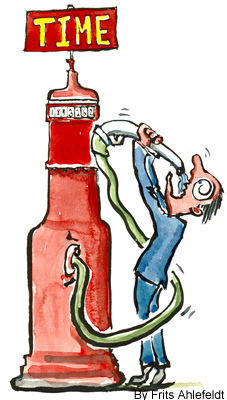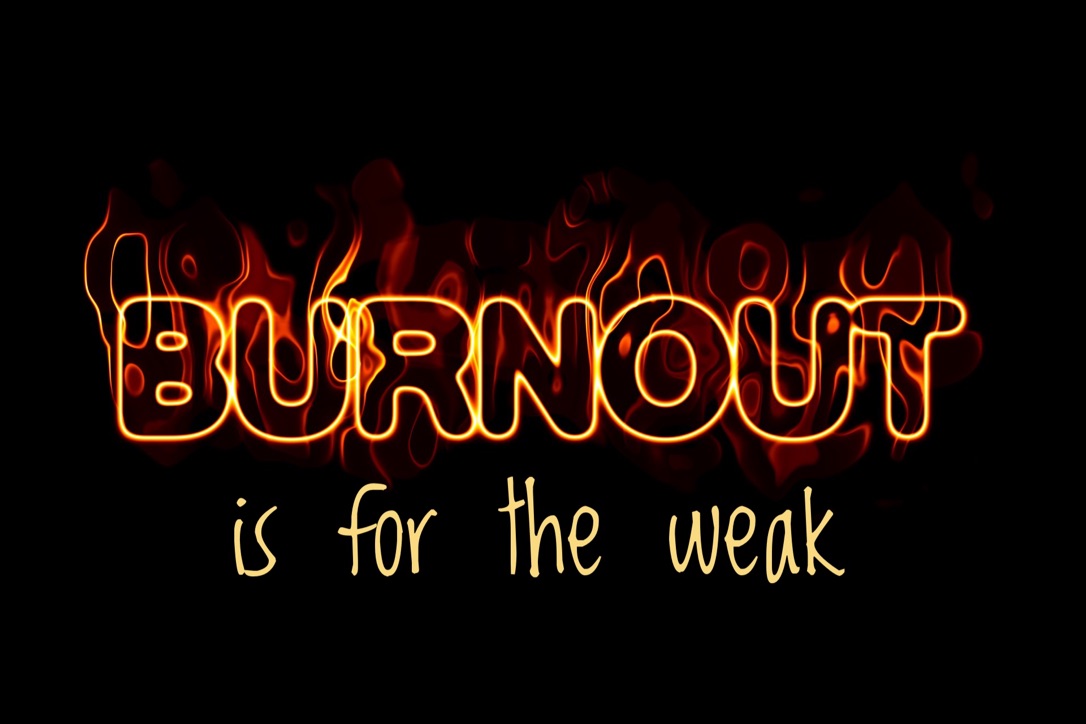Reduce Stress in Five Steps
Is it possible to reduce stress in five steps?
 We all get stressed. Being in a demanding job with big responsibilities generates stress. But is stress our friend, or our foe? The truth is both are. In the same way a weight lifter can’t grow muscle unless he stresses his muscles, or a runner can’t get fitter unless he trains harder (stresses his body), we all need stress to grow and develop. This, within balance, is a healthy stress.
We all get stressed. Being in a demanding job with big responsibilities generates stress. But is stress our friend, or our foe? The truth is both are. In the same way a weight lifter can’t grow muscle unless he stresses his muscles, or a runner can’t get fitter unless he trains harder (stresses his body), we all need stress to grow and develop. This, within balance, is a healthy stress.
Bad stress is the kind that leaves us feeling anxious, unable to relax, causes illness and ultimately causes premature death.[/column]
Reduce stress – what you need to know
Just how stressed are you?
We cope with very stressful situations by fighting (imagine a pit bull terrier), freezing (rabbit in headlights) or running (gazelle). Our adrenal glands pump out cortisone (adrenalin) which increases heart rate, raises blood pressure, dilates our pupils and has a myriad of other effects on our body. When faced with life threatening danger these are desired responses.
The problem comes when we are faced with unhealthy stress over an on-going period. It plays havoc with our systems. Answer the following questions to see how stressed you may be;
• You need caffeine to keep you going
• You catch every cold, flu etc that goes round (though you battle through it)
• You have difficulty getting to sleep, or staying asleep
• You need alcohol to help you relax/chill
• You get ill when you take time off work
• You sweat more than you used to
• You are more irritable
• You find you are unable to concentrate as much as you could
• You have unexplainable afflictions such as rashes, headaches/migraines, aches and pains etc.
• You get to the evening and feel wasted yet find it difficult to rest (wired and tired).
If you said yes to a number of the symptoms above, here’s five simple steps that will make a positive impact on your well-being.
1. Awareness
Admitting we may be stressed is crucial. We often convince ourselves we are a super hero, cape flying, laughing in the face of what the world throws at us. By being aware we may be human, with complex emotions and needs, is essential to coping with and reducing stress – it makes us more likely to read and take action on the next four steps..
2. Look for ways to reduce cause of stress
Very often we tell ourselves we have no choices to reduce stress. We have to work the hours we do. We have to keep going into the same situations that cause us to feel so stressed. At the root of these thoughts are very often beliefs which hold us prisoner. Do you really need to work those hours? Says who? Is it possible to pass on or delegate things which cause you stress? Can you be more assertive by saying no to stroppy clients, colleagues or relatives?
What inherent beliefs are contributing to your own stress?
3. Take time to rest
“Down time” is essential to recover from the negative effects of stress (whether good or bad). Taking a proper lunch hour, getting enough sleep (the vast majority of us need eight hours sleep a night), resting on our days off and taking regular breaks are essential. How often do you really rest? Little and often is better.
An excellent way to reset our nervous system (reducing the negative impact of stress) is to utilise the following breathing exercise. Breathe in gently and slowly through your nose allowing your tummy to extend out, then slowly breathe out through your nose. See it as an elliptical curve. If you are pretty healthy breathe like this to 80% of your capacity. If you are not, start at 50% and build up to 80%. Do this eight times in a row, a couple of times a day including before you sleep. Increase over a number of weeks to 40 times in a row. You will feel more relaxed. (If you feel ill, light-headed or on edge then go back to 50% and build up slowly).
4. Nutrition
It is imperative we feed our bodies those things which will help us to maintain energy, stay healthy and remain positive. No matter what healthy diet you look at you will see that eating greens (salads, vegetables) are key to health, as well as other natural non processed foods. Our bodies utilise 10-20 times more vitamin C when we are stressed, so taking buffered vitamin C at 1000mg in the morning and same in the afternoon may help many. Similarly a good multivitamin and mineral tablet during stress will help your body to cope better.
Reduce your alcohol intake, try and resist drinking during the week. Caffeine is a stimulant, and causes our adrenal glands to generate yet more cortisone (adrenalin). If you can’t get through a day without caffeine, listen to your body – it’s crying out for you to slow down and rest. Often people who are stressed have a lower tolerance to dairy and wheat, so try reducing or cutting it out altogether.
Sometimes just a small change can have a big impact – what one thing could you start doing to reduce stress?
5. Enjoyment
All work and no play makes Jack a dull boy. Doing those things you enjoy is a powerful way for our bodies to restore themselves. Enjoying a sunset, exercise, good company, music, the arts.. It’s surprising that as we get more stressed, we stop doing the very things that cause us happiness. What have you not done for a while that you really enjoy?
Summary
Stress is good and bad. We need a healthy amount of stress to survive and grow. If you find yourself in a stressful situation, take the steps outlined above to reduce stress. If you find yourself chronically stressed (it’s really affecting your performance) then listen to your body. It’s screaming at you to do something.. If this is you, email us or use this contact form, we can help you overcome the impact of stress, and seek to reduce the causes..
(Author Mark Bateman, 5th Dec 2012. Image by HikingArtist.)

